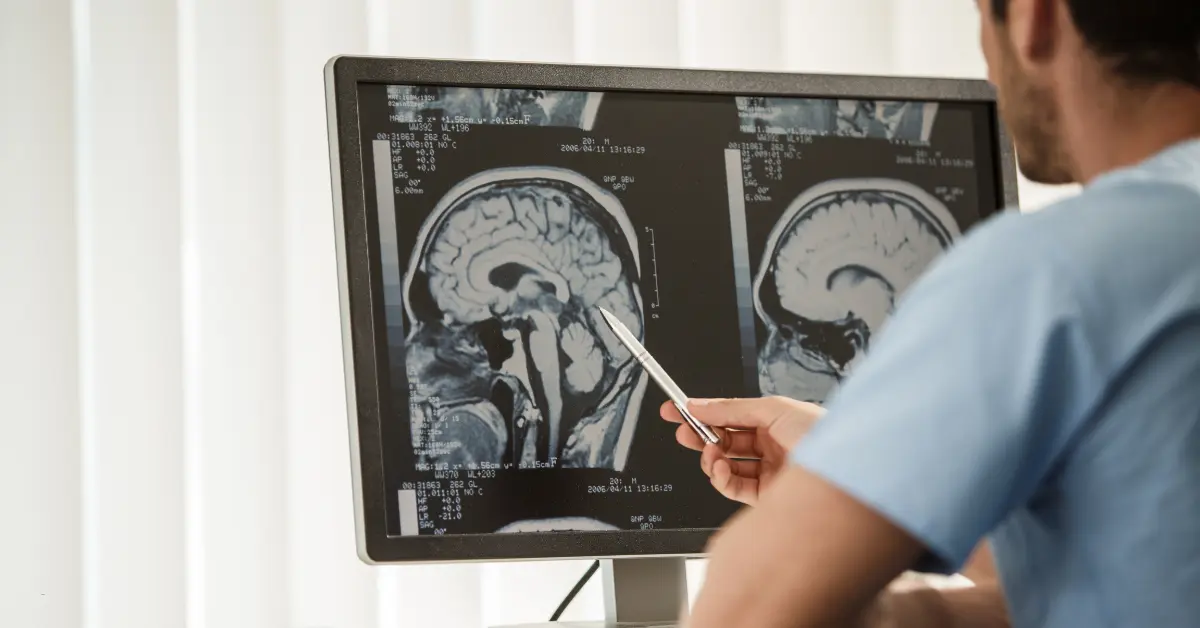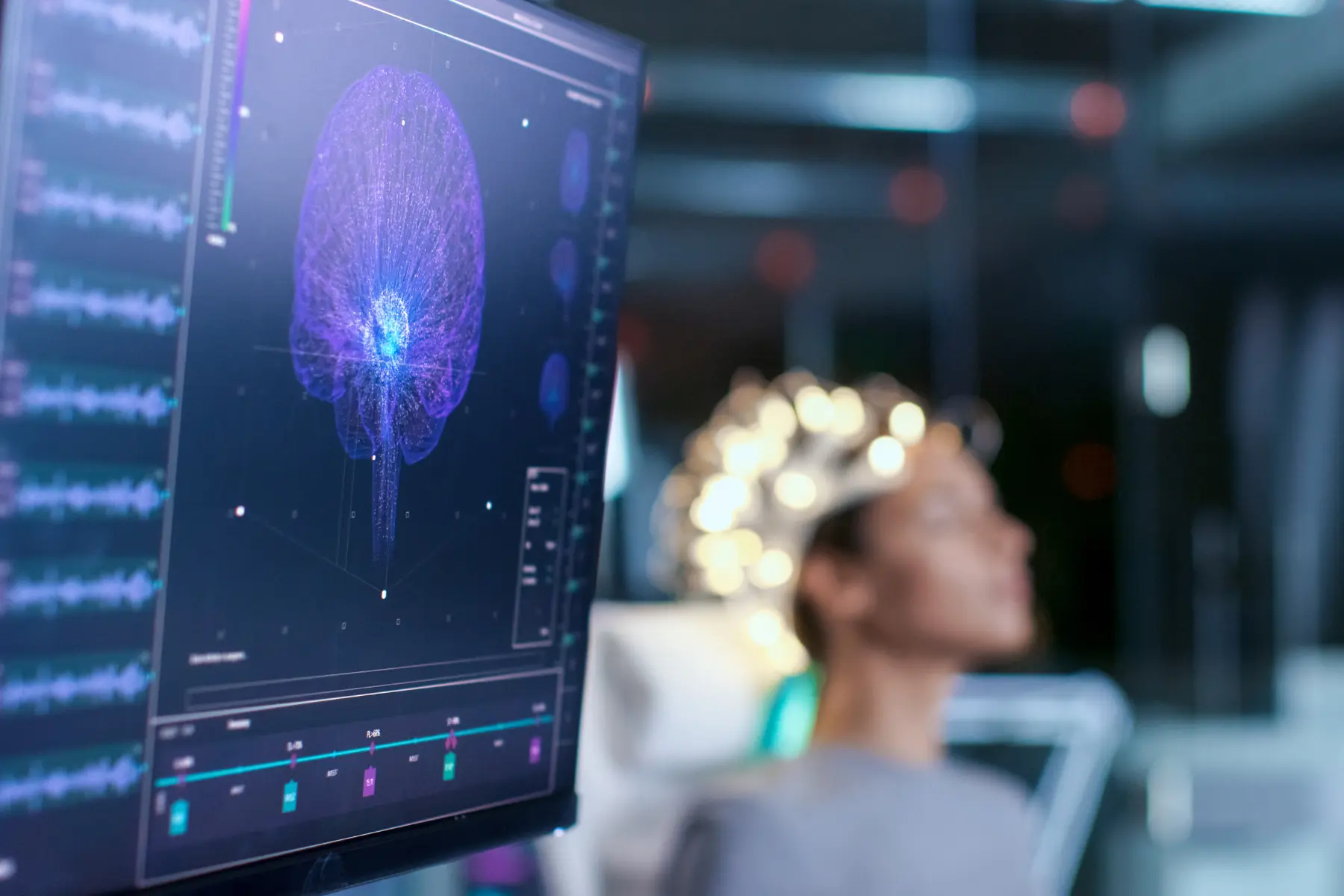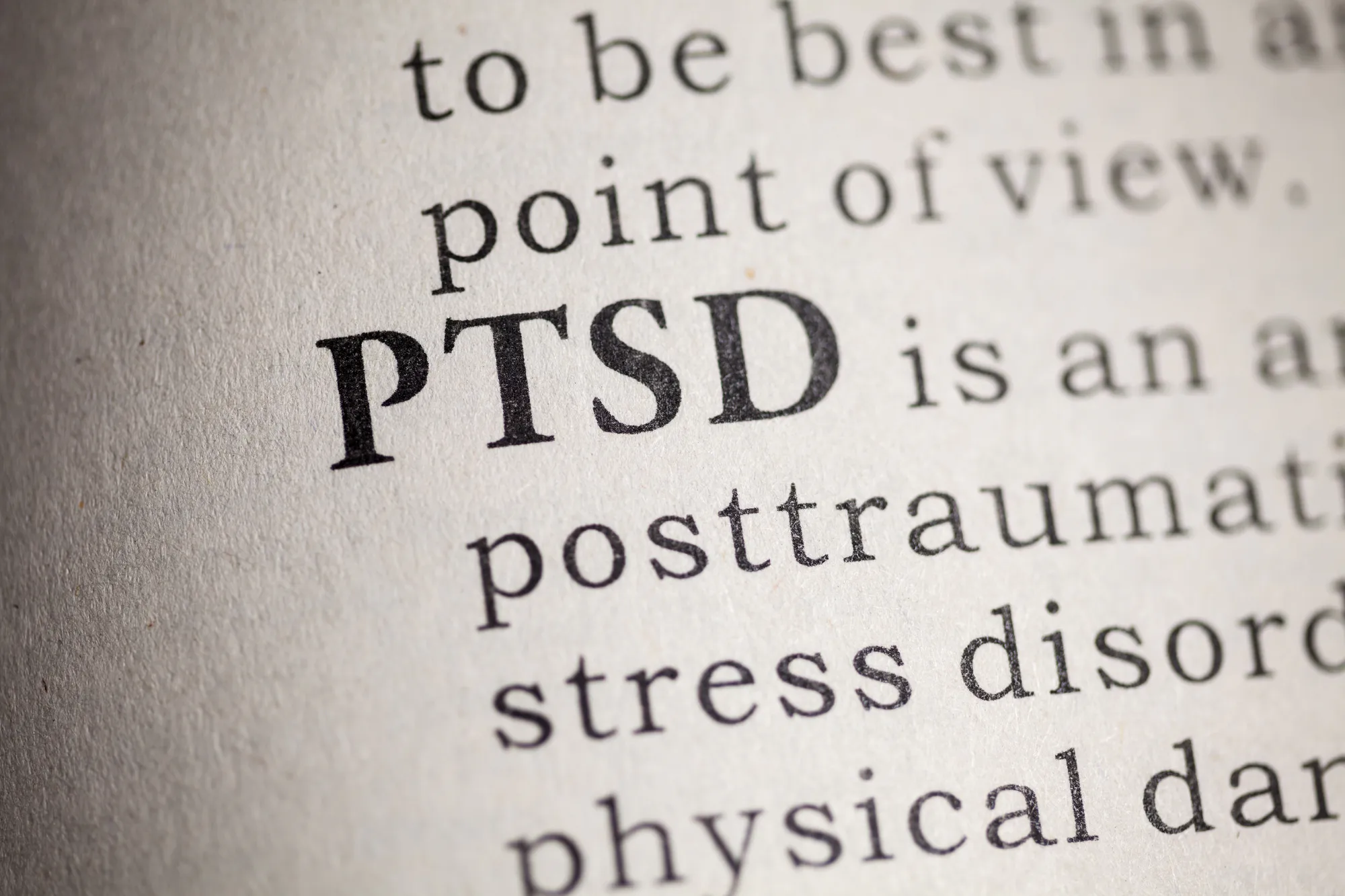Transcranial Magnetic Stimulation (TMS Therapy) is a non-invasive procedure that uses magnetic pulses to stimulate areas of the brain associated with depression, anxiety, and OCD. TMS Therapy has been shown to relieve the symptoms of depression in 4 to 6 weeks—although new research suggests a more potent form of TMS called Accelerated TMS—often associated with Stanford’s proprietary form of accelerated TMS called SAINT—can relieve the symptoms of depression in only five days. Unlike most treatments involving antidepressant medications, TMS therapy offers consistent success rates of 60-90%, depending on the type of TMS used. TMS Therapy is often considered to be one of the best alternative treatments for depression due to its high efficacy rates and low side-effect profile.
Explaining Mental Health Coverage at Blue Cross Blue Shield
The answer as to whether specific mental health treatments and psychiatry services are covered under Blue Cross Blue Shield varies depending on the type of Blue Cross Blue Shield policy. Blue Cross Blue Shield is a unique company in that there are few singular Blue Cross Blue Shield policies. To make a long story short, Blue Cross and Blue Shield started as separate union health insurance companies in 1929 and 1939, respectively—long before health insurance became what it is today in the United States. In the late 1960s, the federal government introduced Medicare and Medicaid and chose Blue Cross and Blue Shield to help implement these programs due to their existing infrastructure. The two companies merged shortly after, becoming what we now know as Blue Cross Blue Shield.
A Story of Non-Profits, Mergers, and Carve-Outs
Blue Cross Blue Shield operates more than 34 different companies under the same brand, depending on the jurisdiction. For example, coverage for TMS under Blue Cross Blue Shield of Illinois differs from coverage for magnetic stimulation for depression under Blue Cross Blue Shield of Massachusetts. Federal government employees and their family members may have a different policy called Federal Blue Cross Blue Shield—with separate benefits from the other two. In California, BCBS is split into two distinct companies: Anthem Blue Cross and Blue Shield of California, respectively. Some BCBS entities are considered non-profit companies, although some ex-employees may consider them to be anything but. To make matters even more complicated, some BCBS companies are turning into a separate company called Elevance Health and carving out their respective benefits to a subsidiary called Carelon. Wow!
Blue Shield of California Coverages for Transcranial Magnetic Stimulation
Blue Shield of California covers TMS Therapy for Major Depressive Disorder as long as the coverage criteria are met. Remember when I said that some BCBS companies carve out their mental health benefits? This is the equivalent of sub-contracting mental health insurance to a third party. The vast majority of Blue Shield of California plans specifically carve out to a company called Magellan Health. You actually will have a separate ID number from your usual health insurance with Magellan. Your TMS provider should know how to handle this, so don’t worry about these complexities!
Magellan Covers TMS Therapy For Depression
Magellan will cover TMS for depression as long as the following general criteria are met:
- The patient has a diagnosis of Major Depressive Disorder.
- The patient is 18 or older.
- The patient meets the criteria for treatment-resistant depression in that they have tried and failed at least two different antidepressant medications from two distinct classes of antidepressants. For example, an 8-week trial of Prozac followed by an 8-week trial of Wellbutrin without clinical benefit would likely satisfy these requirements. Alternatively, they could have tried two different medications of different classes for a shorter amount of time with a documented intolerance to the side effects of these medications.
- The patient has tried psychotherapy before without improvement.
- If the patient has tried TMS before and requires an additional course, documentation must show at least a 50% or greater improvement on standardized rating scales, such as a depression test.
If you have a rare plan that doesn’t carve out to Magellan, Blue Shield of California’s policies will likely mirror Magellan’s policies. Both companies will authorize an initial course of 36 sessions. Some patients may require additional sessions—such as an additional 14 sessions, to match the session count for Accelerated TMS—and Magellan may approve additional sessions as long as the TMS doctor considers it to be medically necessary.
Magellan Contraindications for TMS
Magellan won’t cover TMS for patients with seizure disorders, psychosis, dementia, ongoing ketamine therapy or Spravato treatment, or ferromagnetic material in or around the head. Officially, Magellan’s policy states that they will not cover TMS for any disorder other than Major Depressive Disorder—even though TMS is FDA-approved for bipolar depression and OCD, among others. Our Los Angeles and Santa Monica offices have experience obtaining authorizations with Magellan even when individuals don’t meet these specific requirements. After all, there are individual circumstances that must be considered when patients don’t fit into clearcut boxes.
Does Anthem Blue Cross Cover TMS Therapy?
Note that in California, Anthem Blue Cross is currently in the process of switching over to Carelon for all mental health benefits. Additionally, Anthem Blue Cross may also be known as “Anthem Blue Cross Blue Shield” in states like Colorado. Regardless, Anthem plans generally mirror the same coverage criteria.
Anthem Blue Cross Covers TMS Therapy for Depression
Anthem (now Carelon) will cover TMS therapy as long as the patient meets the following criteria:
- The patient has a diagnosis of Major Depressive Disorder.
- The patient has tried at least two antidepressant medications of adequate dosage and duration without a clinical improvement in symptoms. Alternatively, the patient has tried at least two antidepressant medications that they could not tolerate due to side effects.
- The patient is not experiencing psychotic symptoms and does not have a diagnosis of schizophrenia.
- There is no electromagnetic material within 30 centimeters of the TMS coil.
- As with the above, if the treatment request is for a second trial of TMS, a documented 50% decrease in symptoms must be sent in for approval.
Carelon has interesting requirements in their TMS approval request form. For example, they do not allow for theta burst stimulation to be used, but they do allow for low-frequency TMS—a protocol that is typically used off-label, even though theta burst stimulation is actually FDA-approved. Carelon has yet to officially make a stance on whether they will cover TMS for bipolar depression or OCD, but experienced Transcranial Magnetic Stimulation providers like those at Bespoke Treatment can request treatment and make the case for approval. When an expert psychiatrist advocates on behalf of the patient to the insurance company, they can usually move things along.
Does BCBS of IL or Federal BCBS cover TMS?
For most patients with treatment-resistant depression, these requirements are not onerously difficult to meet. However, not all BCBS plans are the same. For those with Blue Cross Blue Shield of Illinois, the medication requirement used to be four antidepressant medications over the lifetime and has since relaxed to just two. Unlike Carelon but similar to Magellan, Blue Cross Blue Shield of Illinois does require that the patient has tried psychotherapy for at least eight weeks before approving TMS. BCBS of IL will also cover TMS therapy for OCD but specifies that the medications tried must be at least one SSRI and one tricyclic antidepressant for obsessive-compulsive disorder.
Federal Blue Cross Blue Shield will cover TMS for depression and has specified that the type of TMS can be standard, theta burst stimulation or deep TMS. Otherwise, the federal BCBS will approve TMS according to the same criteria as Magellan: a failure or intolerance of two antidepressant medications of two different classes and a trial of psychotherapy, as well as an attestation that the side effects of medications don’t apply.
Cost of TMS in Los Angeles
If you’re concerned about covering the cost of TMS therapy for you or your loved one in Los Angeles, please get in touch with our office today. Our team of experienced TMS providers will conduct a thorough psychiatric evaluation and collect detailed medical history for you or your loved one. Even if a patient meets all of the criteria listed above, it doesn’t necessarily mean that TMS therapy is the best option for them; that decision involves a careful balance of weighing the pros and cons of TMS therapy. Other treatments, like Spravato or ketamine therapy, might be a better fit depending on each person’s individualized treatment plan.


























